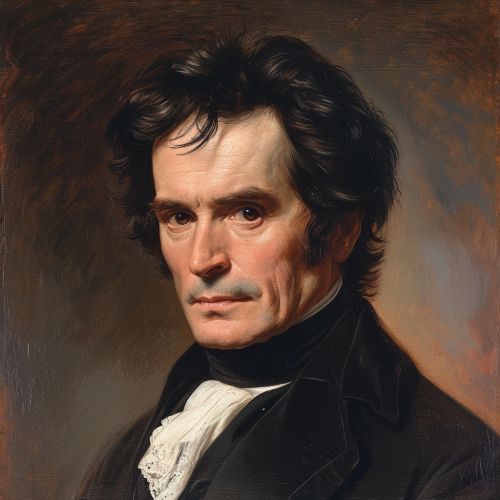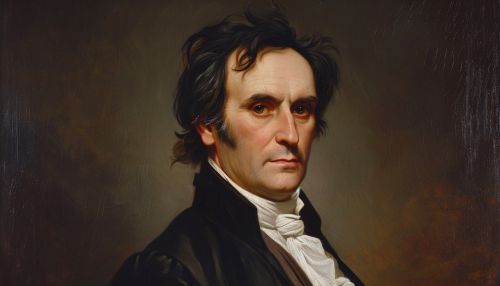Hector Berlioz
Early Life
Hector Berlioz was born on December 11, 1803, in La Côte-Saint-André, a small town in the French Alps. His father, Louis Berlioz, was a respected local physician with a keen interest in classical literature and music, which he passed on to his son. Berlioz's mother, Marie-Antoinette, was a devout Catholic, and her faith had a profound influence on Berlioz's life and work.
Berlioz showed an early talent for music. He taught himself to play the flute and guitar, and by the age of twelve, he had composed a series of chamber works. Despite his obvious musical abilities, his parents expected him to follow in his father's footsteps and pursue a career in medicine.
Education
In 1821, at the age of 17, Berlioz moved to Paris to study medicine at the University of Paris. However, he was repulsed by the gruesome realities of medical studies, particularly dissection, and he soon abandoned his medical studies to focus on music.
Berlioz began attending performances at the Paris Opera, where he was deeply moved by the works of composers such as Mozart and Cherubini. He also developed a deep admiration for the works of Shakespeare, which would later inspire some of his most famous compositions.
In 1826, Berlioz was admitted to the prestigious Paris Conservatoire, where he studied under the renowned composer Jean-François Le Sueur and music theorist Antoine Reicha. His studies at the Conservatoire laid the foundation for his future career as a composer.
Career
Berlioz's career as a composer began in earnest in 1827, when he composed the "Messe Solennelle". This was followed by the composition of his "Symphonie Fantastique" in 1830, a work that is often considered his masterpiece and a seminal work in the Romantic music tradition.
Berlioz's music was often met with mixed reviews. His innovative orchestration techniques and dramatic compositions were seen as radical and were often misunderstood by his contemporaries. Despite this, Berlioz continued to compose and conduct, creating a body of work that included symphonies, operas, and choral works.
Among his most notable works are the "Grande Messe des Morts" (Requiem), "Harold in Italy", "Roméo et Juliette", and the opera "Les Troyens", which is considered one of the greatest operas of the 19th century.
Personal Life
Berlioz married twice in his life. His first wife was the Irish actress Harriet Smithson, who he had admired from afar after seeing her perform in Shakespearean plays in Paris. Their marriage was tumultuous and ended in separation. Berlioz later married Marie Recio, a singer, in 1854.
Berlioz had one child, a son named Louis, from his marriage to Smithson. Louis Berlioz went on to become a respected naval officer.
Death and Legacy
Berlioz died on March 8, 1869, in Paris, at the age of 65. His death was mourned by many in the music world, and his funeral was attended by a large number of his contemporaries.
Berlioz's legacy is significant. He is considered one of the greatest composers of the Romantic era, and his innovative orchestration techniques have had a lasting impact on the world of classical music. His works continue to be performed and recorded today, and his influence can be seen in the works of many later composers.
See Also


